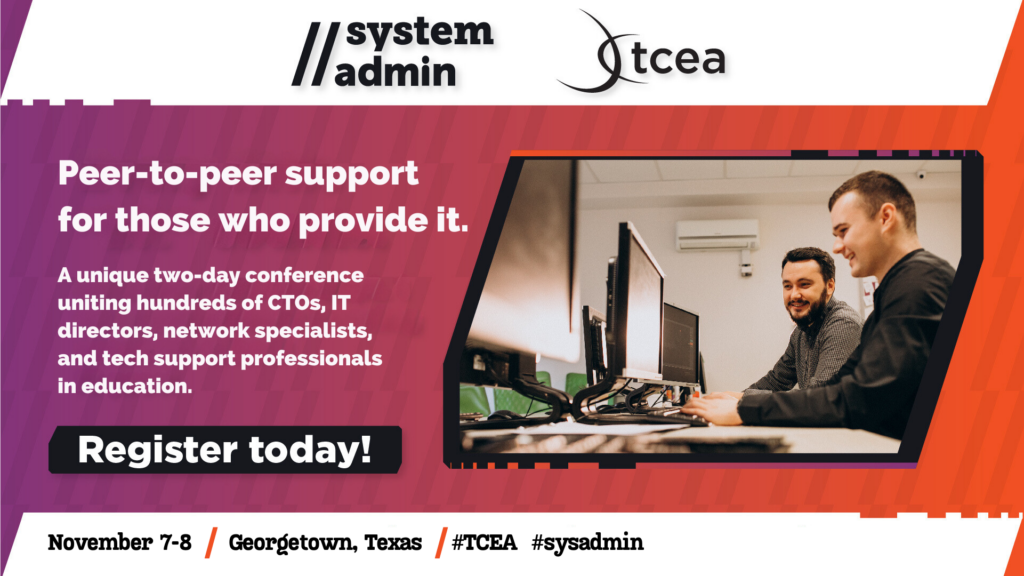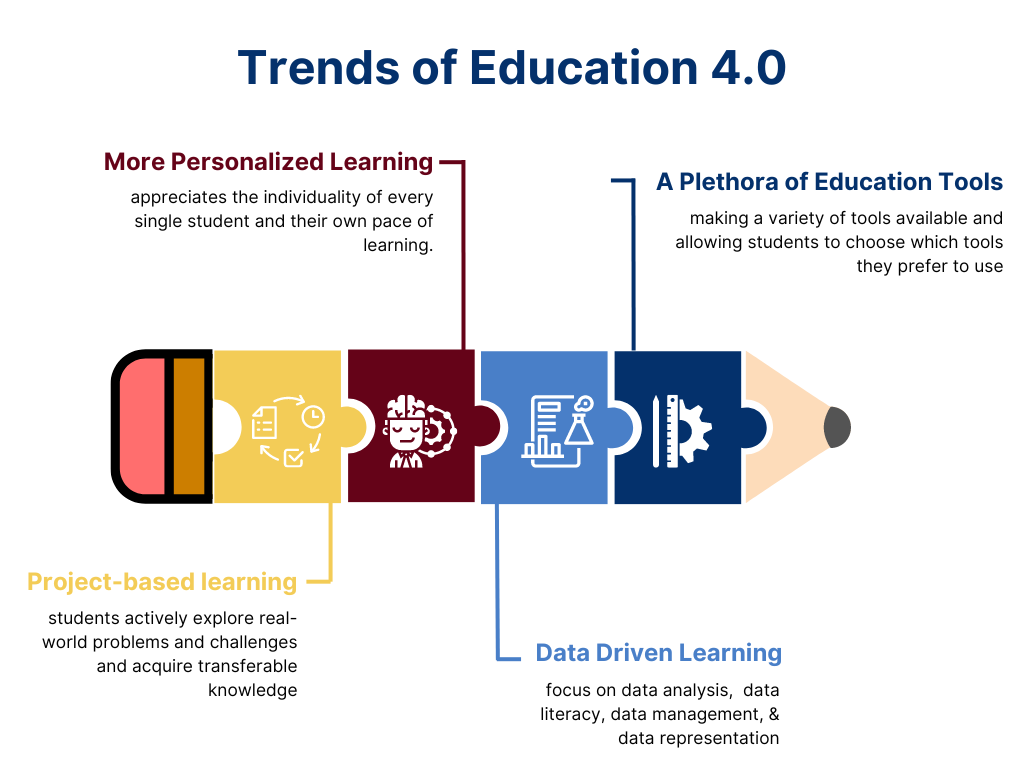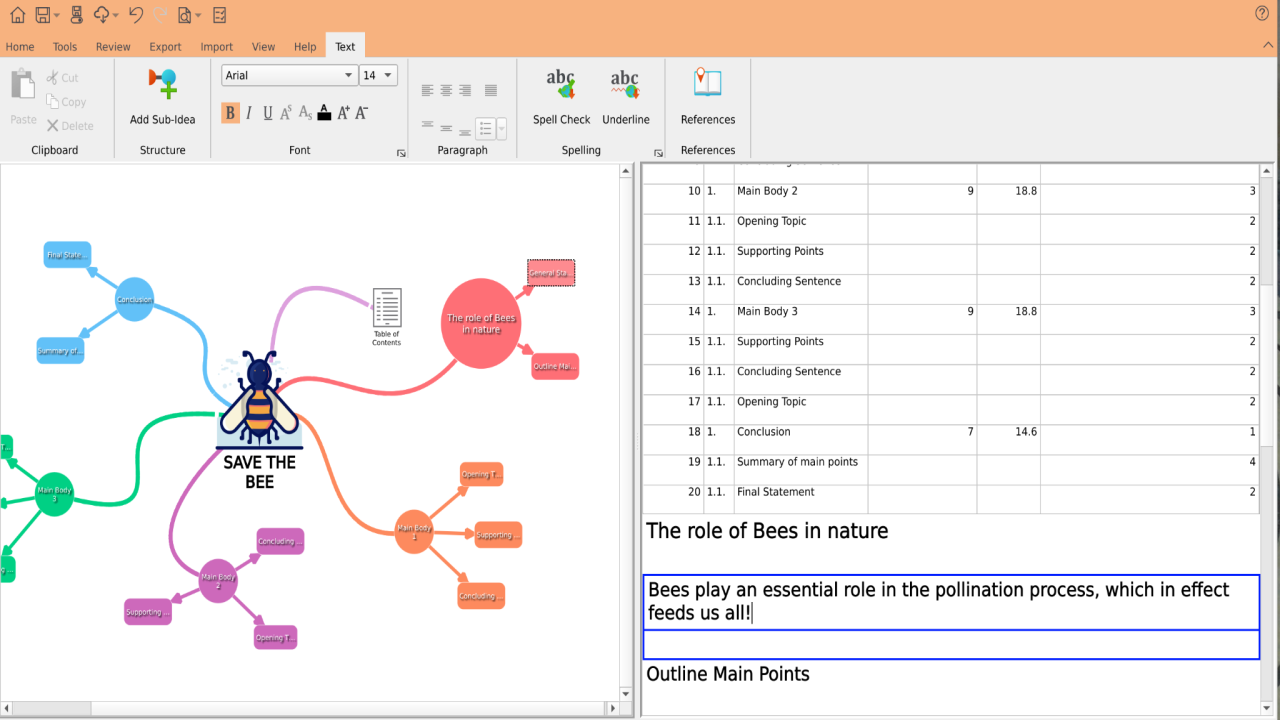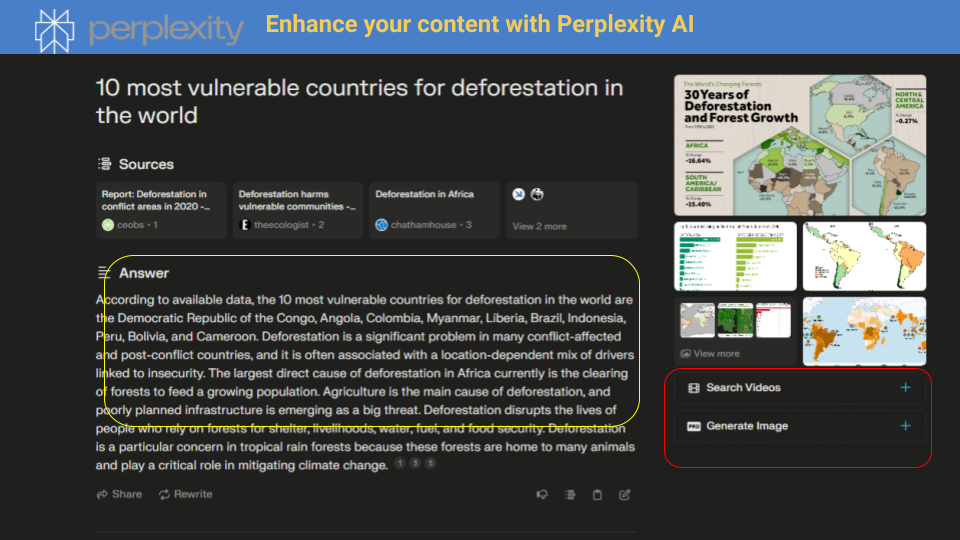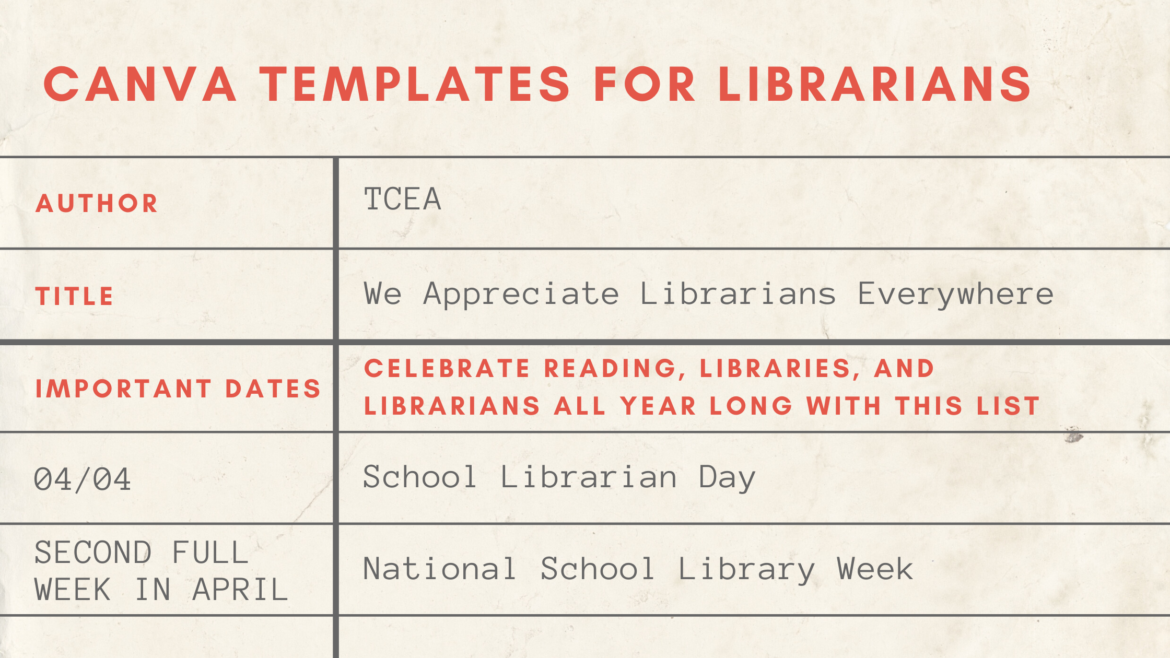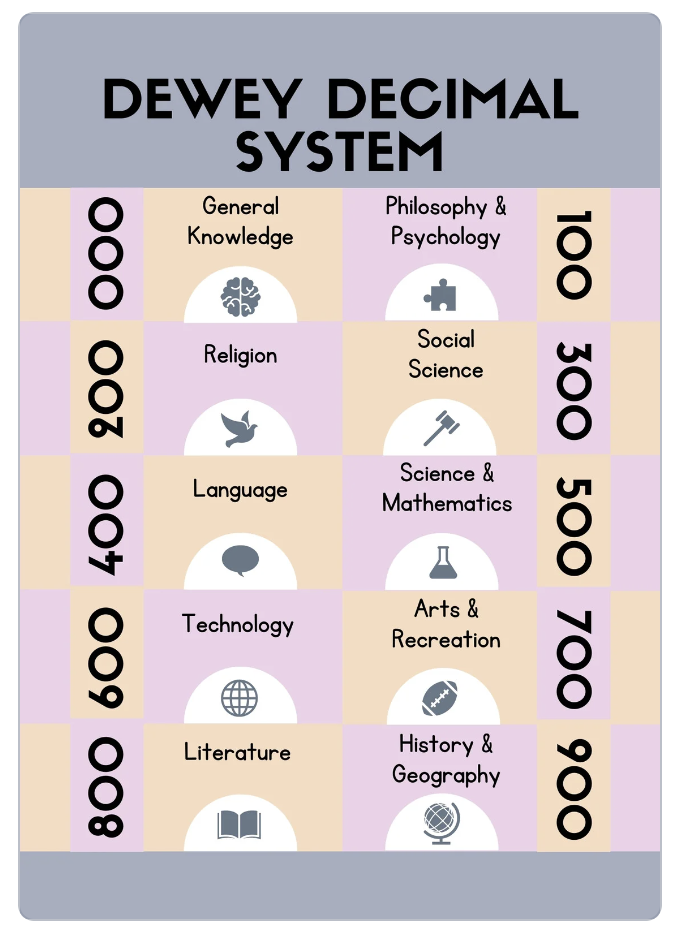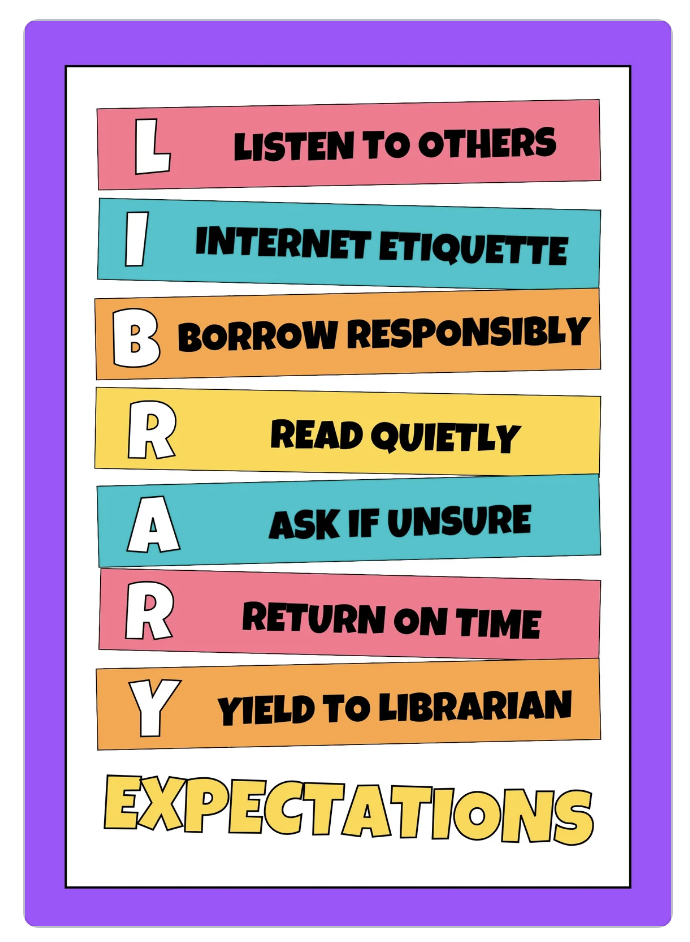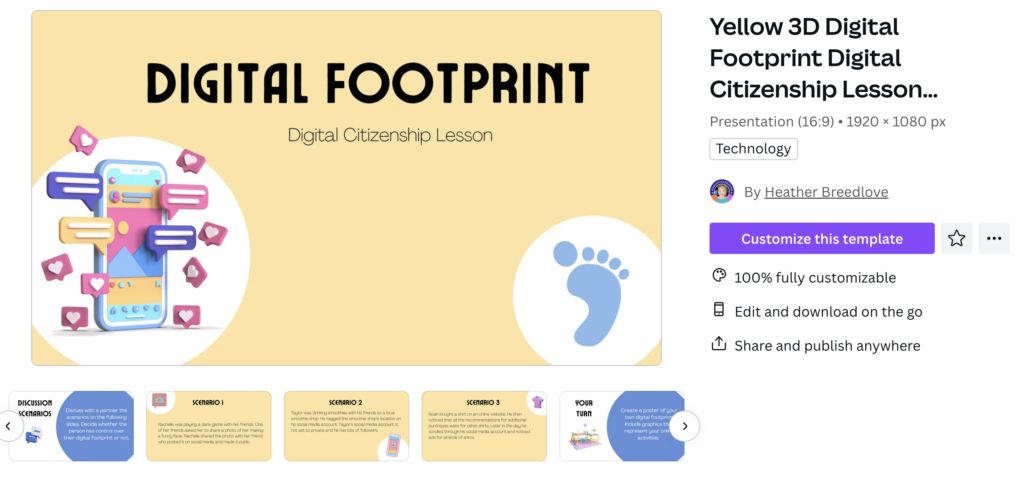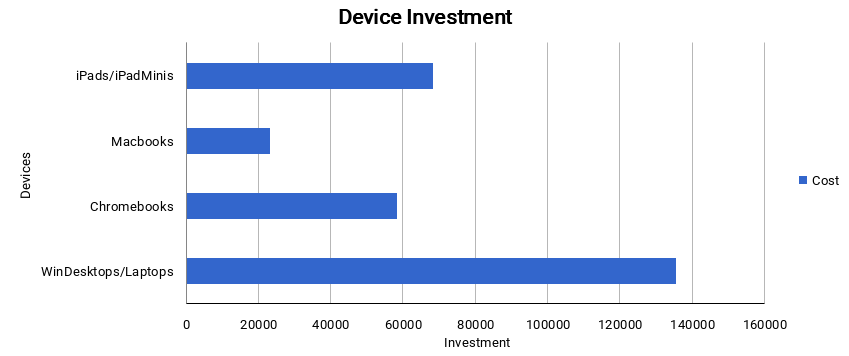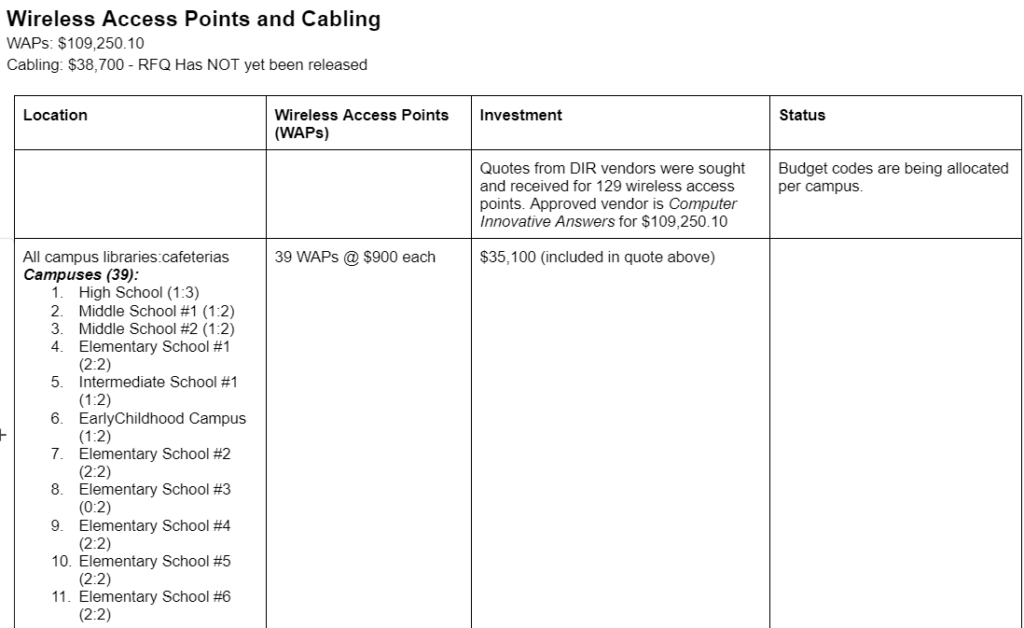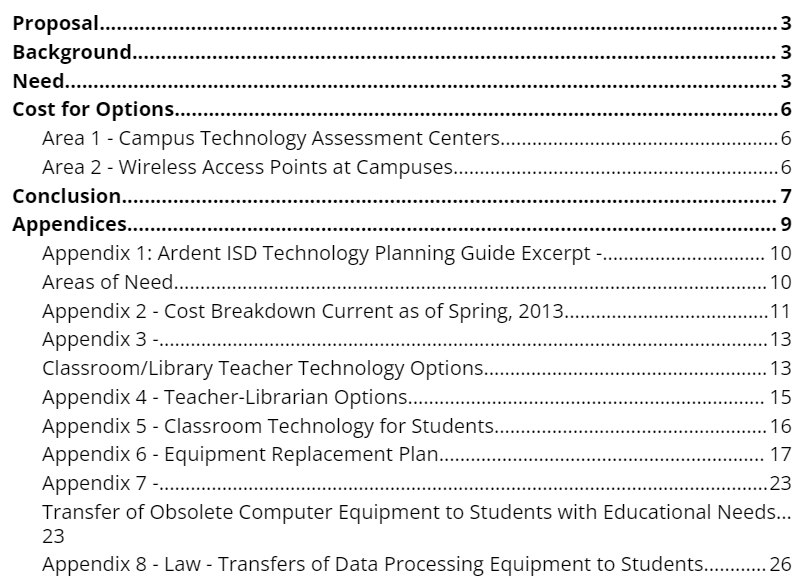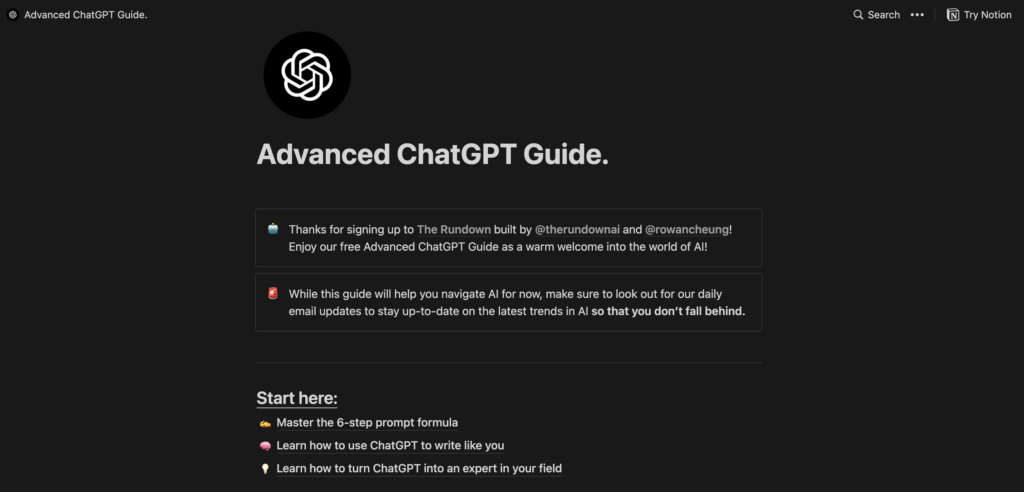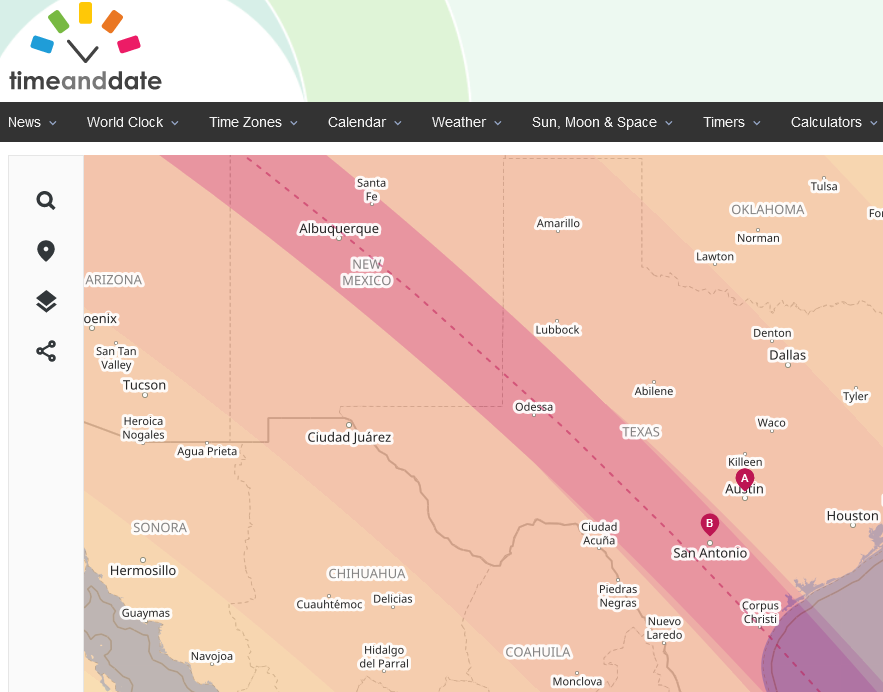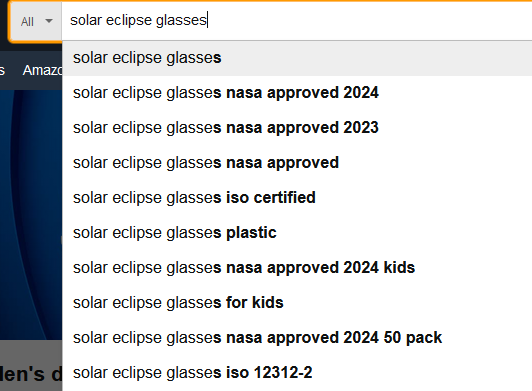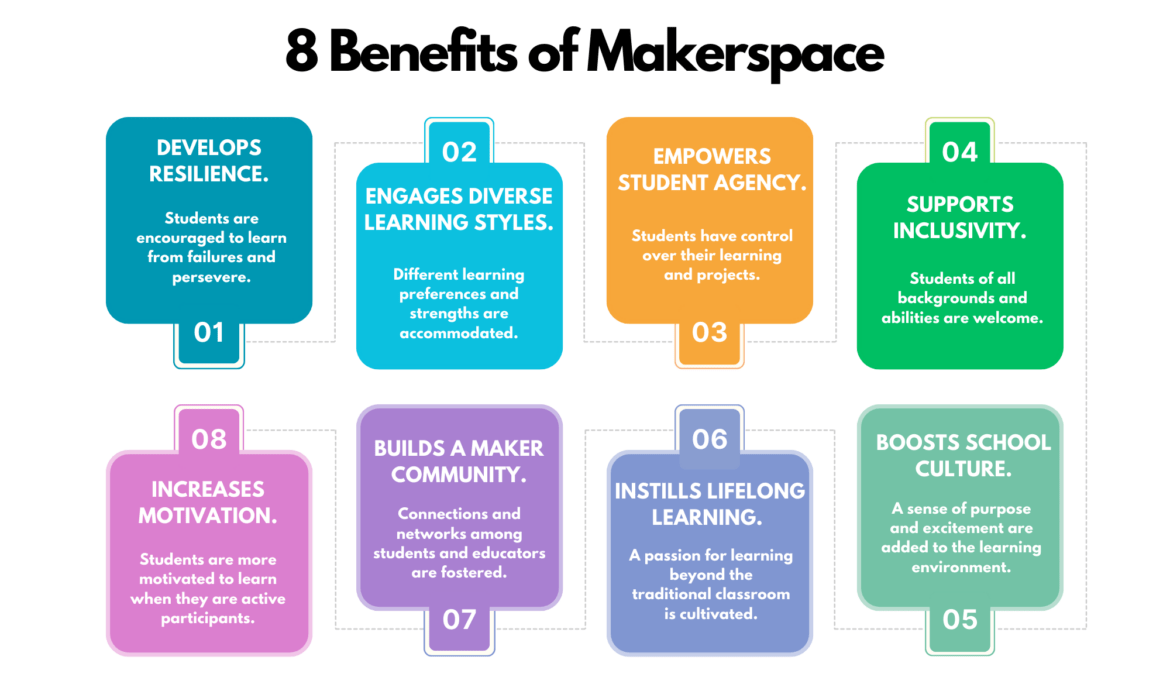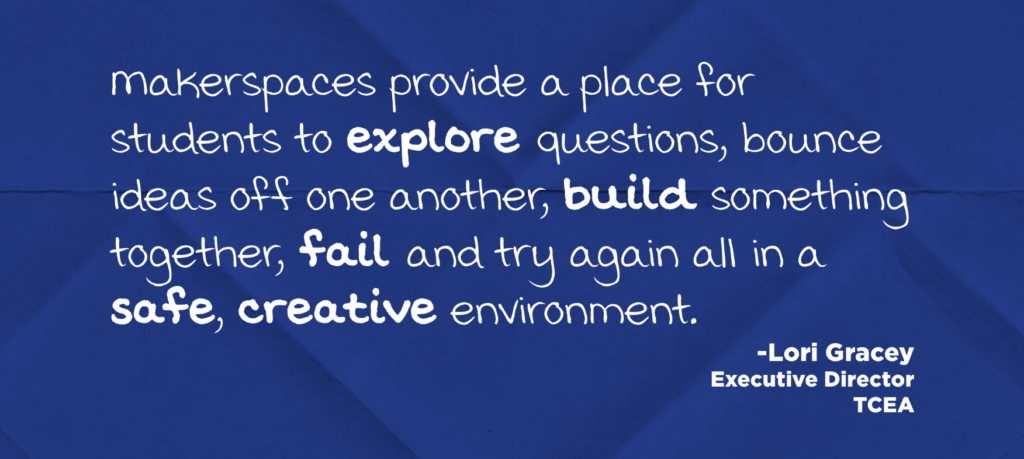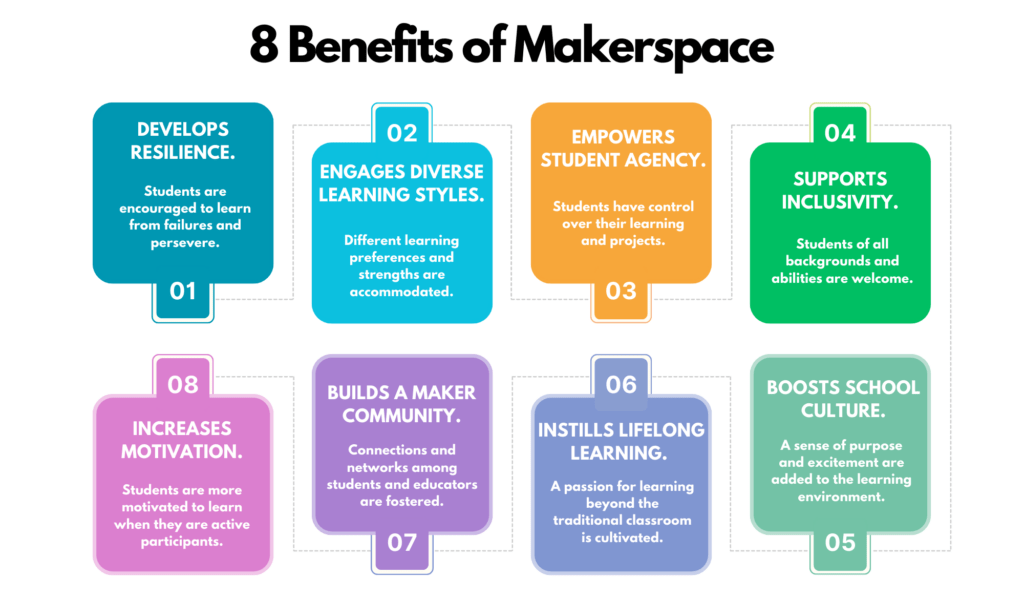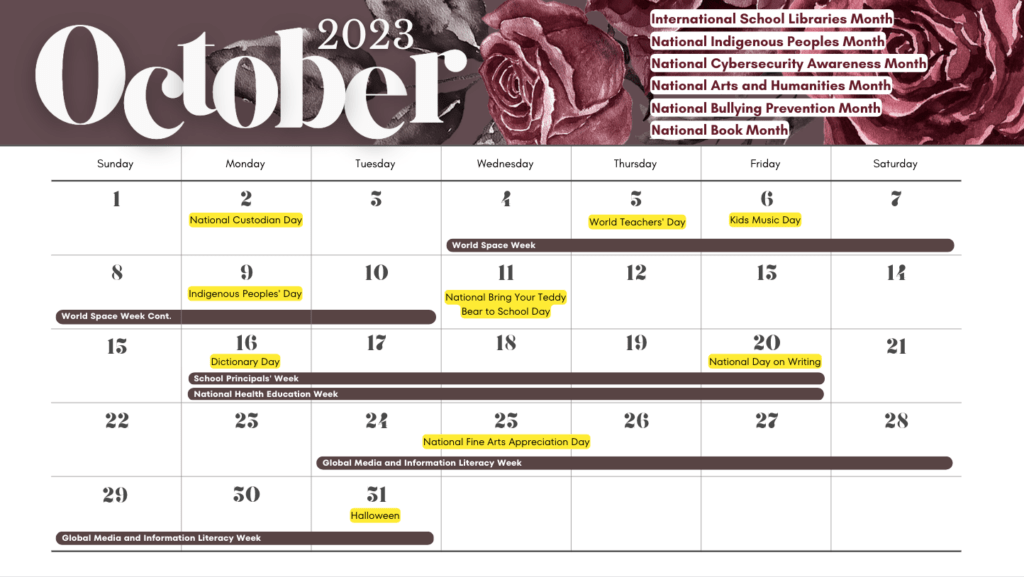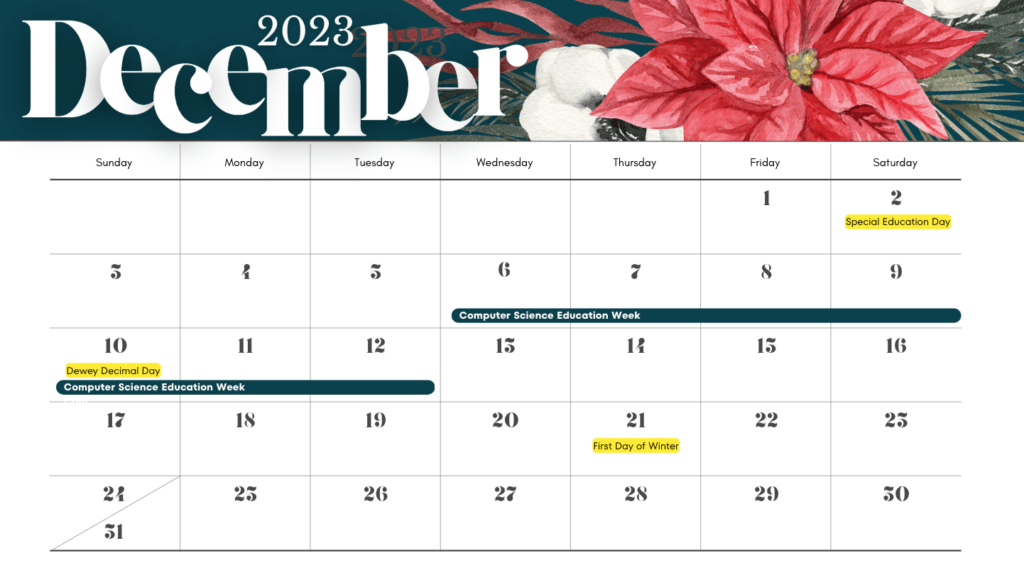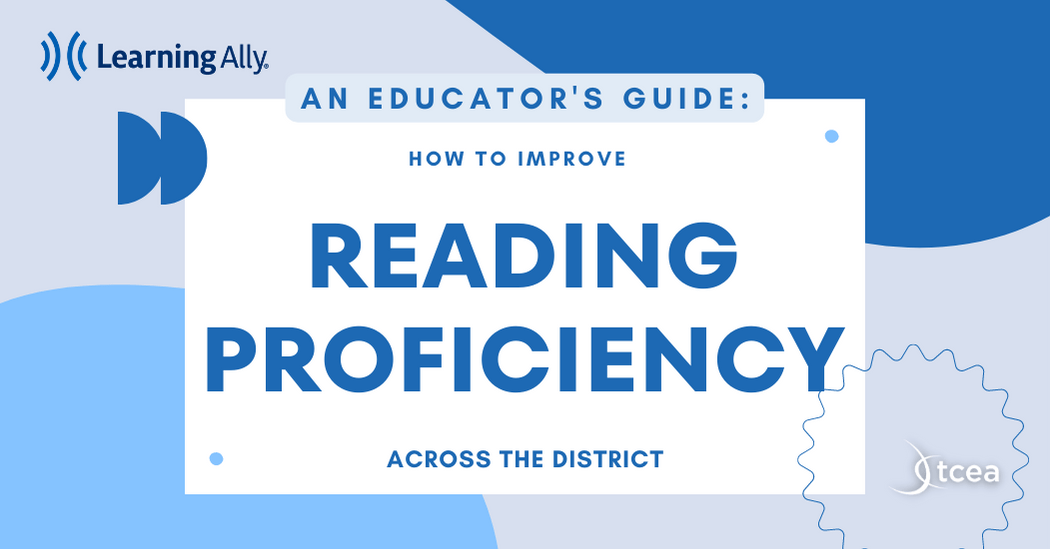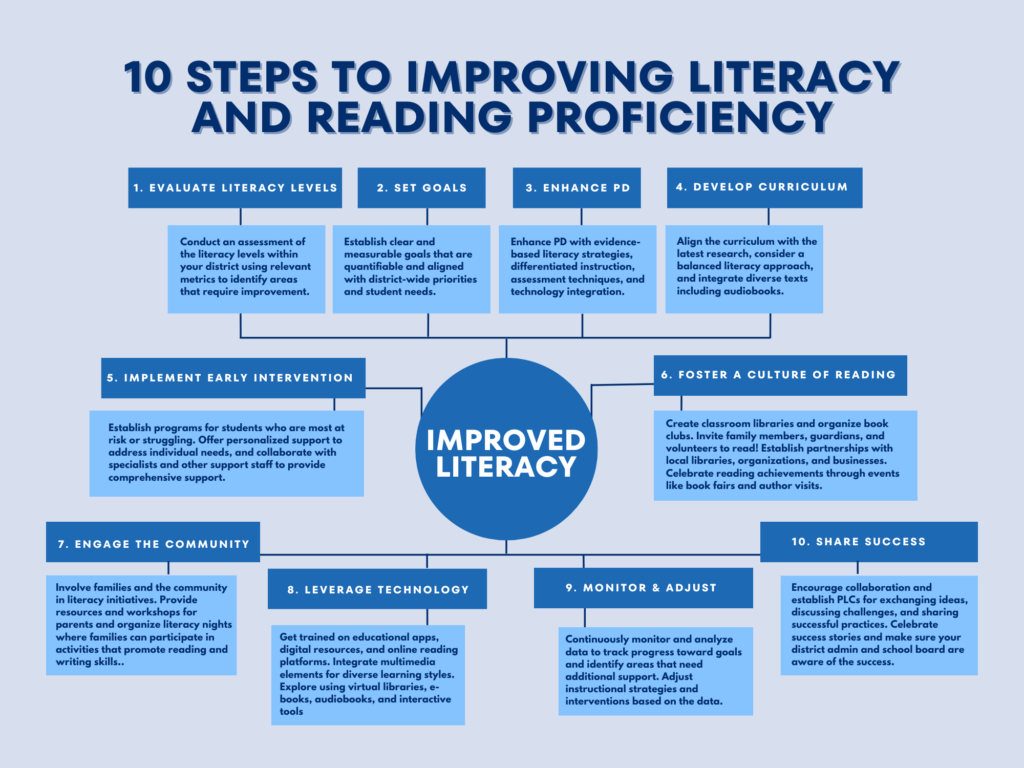In today’s digital age, schools and libraries are becoming increasingly reliant on technology to provide essential services and educational opportunities. However, this growing dependency also makes them vulnerable to cyber threats. Recognizing this critical need, the Federal Communications Commission (FCC) has launched a new initiative to enhance cybersecurity for these institutions. The Schools and Libraries Cybersecurity Pilot Program, with a budget of up to $200 million over three years, aims to bolster the defenses of broadband networks and data in schools and libraries. Here’s why this initiative is a game-changer for educational technology.
The Need for Robust Cybersecurity in Education

Educational institutions are treasure troves of sensitive information, and the protection of this information is paramount. Cyberattacks on schools and libraries can disrupt educational processes, compromise personal information, and result in significant financial losses. The FCC’s Cybersecurity Pilot Program addresses these vulnerabilities by providing the necessary resources to implement advanced cybersecurity measures.
Who Can Apply?
Eligibility for the Pilot Program extends to schools, libraries, and “consortia” of these institutions that meet the E-Rate program’s requirements. This inclusivity ensures that a wide range of educational institutions, regardless of their previous participation in the E-Rate program, can benefit from enhanced cybersecurity.
How to Apply
The application process for the program is two-fold:
- Part One: General Information and Proposal Submission
- Applicants must provide details about their experience with cybersecurity, their commitment to best practices, and their use of federal resources.
- A description of the proposed project, including goals, objectives, and the cybersecurity risks it aims to mitigate, must be included.
- Part Two: Detailed Cybersecurity Information
- Selected participants will provide comprehensive details about their current cybersecurity measures, history of cyber threats, training policies, and challenges faced.
The FCC plans to open the application window this Fall, and interested parties should prepare their proposals accordingly.
Eligible Services and Equipment

Participants in the Pilot Program can seek reimbursement for a wide array of cybersecurity eligible services and equipment. This broad scope ensures that institutions can tailor their cybersecurity measures to their specific needs and vulnerabilities.
Selection Criteria
To ensure a diverse range of Pilot projects, the FCC will prioritize funding for a mix of large and small, urban and rural schools, and libraries, with a special emphasis on low-income and Tribal applicants. This approach aims to address the cybersecurity needs of the most vulnerable populations effectively.
Post-Application Process
Once selected, participants will be notified via Public Notice and provided with instructions for the next steps, including the competitive bidding process for procuring cybersecurity services. Successful applicants will receive a Funding Commitment Decision Letter (FCDL) to formalize their funding approval. This structured process ensures transparency and accountability in the use of funds.
Safeguards Against Misuse
To prevent waste, fraud, and abuse, the Pilot Program incorporates several safeguards. Participants must adhere to competitive bidding, document retention, and audit requirements. Additionally, stringent penalties are in place for non-compliance, ensuring that funds are used appropriately and effectively.
The TCEA applauds the FCC’s Schools and Libraries Cybersecurity Pilot Program. This initiative is a significant step towards securing the digital infrastructure of our educational institutions, safeguarding sensitive data, and ensuring uninterrupted learning. By investing in robust cybersecurity measures, we can create a safer, more resilient educational environment for students, educators, and the community.
TCEA encourages eligible schools and libraries to prepare their applications and take full advantage of this invaluable opportunity. For more information, stay tuned for updates from the FCC and the TCEA. Let’s work together to make our educational institutions cyber-safe!
